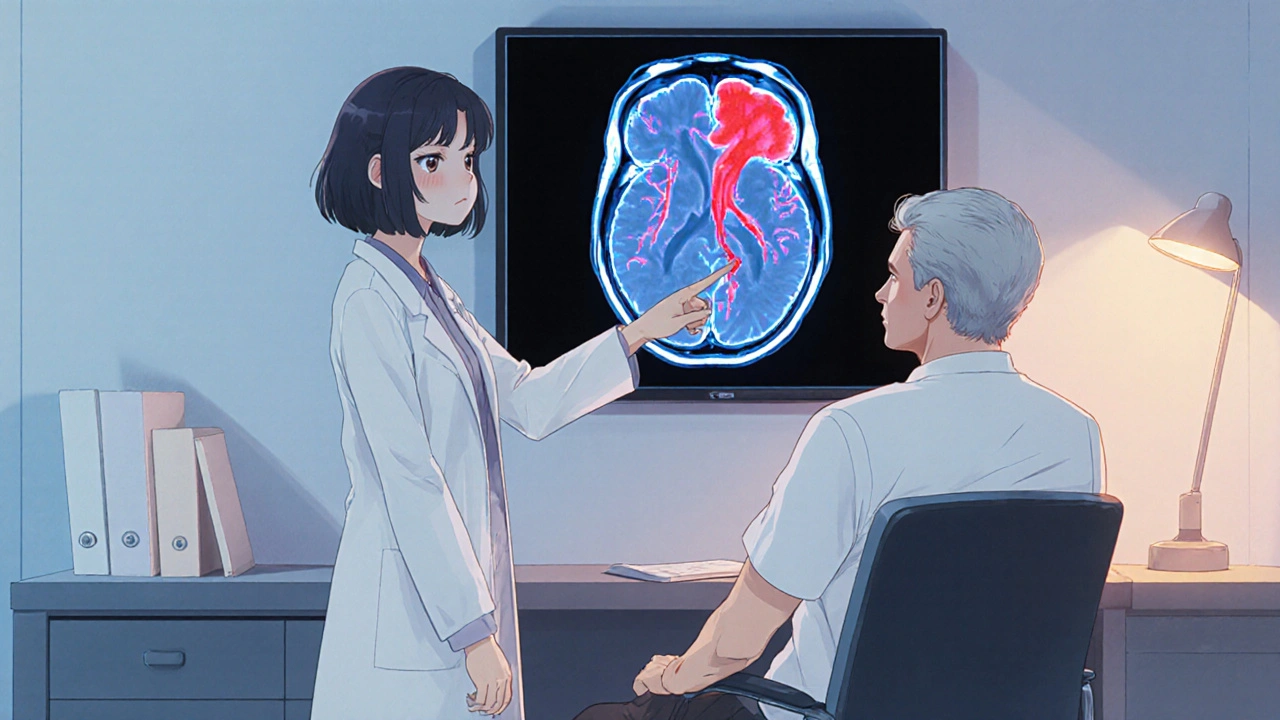Cognitive Decline: Signs, Causes, and What You Can Do
When your memory starts slipping—like forgetting where you put your keys or blanking on a friend’s name—it’s easy to brush it off as just getting older. But cognitive decline, a gradual reduction in thinking skills like memory, focus, and decision-making. Also known as mild cognitive impairment, it isn’t normal aging. It’s your brain signaling something’s off, and catching it early gives you real power to slow it down—or even reverse it.
Cognitive decline often links to brain health, how well your brain functions over time. Poor sleep, chronic stress, or untreated high blood pressure can chip away at your mental clarity. It’s not just about age—lifestyle matters more. Studies show people who move daily, eat real food, and stay socially connected keep sharper minds longer. And it’s not magic: these habits boost blood flow to the brain, reduce inflammation, and help clear out the gunk that slows thinking.
It also connects to dementia prevention, taking steps to avoid conditions like Alzheimer’s or vascular dementia. Many people think dementia is inevitable, but research from the Lancet shows up to 40% of cases could be delayed or avoided with better health habits. That means controlling diabetes, quitting smoking, and managing cholesterol aren’t just good for your heart—they’re brain protectors. Even small changes, like walking 30 minutes a day or swapping soda for water, add up over time.
And let’s be clear: cognitive decline doesn’t hit everyone the same. Some people notice trouble with names or dates. Others struggle to follow conversations or make simple decisions. It’s not always obvious, which is why paying attention to subtle shifts matters. If you’re forgetting appointments more often, feeling overwhelmed by routine tasks, or losing interest in things you used to love, those aren’t just "bad days." They’re clues.
Below, you’ll find real, practical guides from people who’ve been there. You’ll see how medications like statins can affect memory, why certain antibiotics might cause brain fog, and how tools like pill dispensers help older adults stay on track. There’s no fluff here—just clear, no-nonsense info on what works, what doesn’t, and what you can start doing today to protect your mind.

Donepezil’s Role in Treating Vascular Dementia - What You Need to Know
Explore how Donepezil, an acetylcholinesterase inhibitor, can improve cognition in vascular dementia, dosing tips, benefits, risks, and how it compares to other drugs.
More Detail